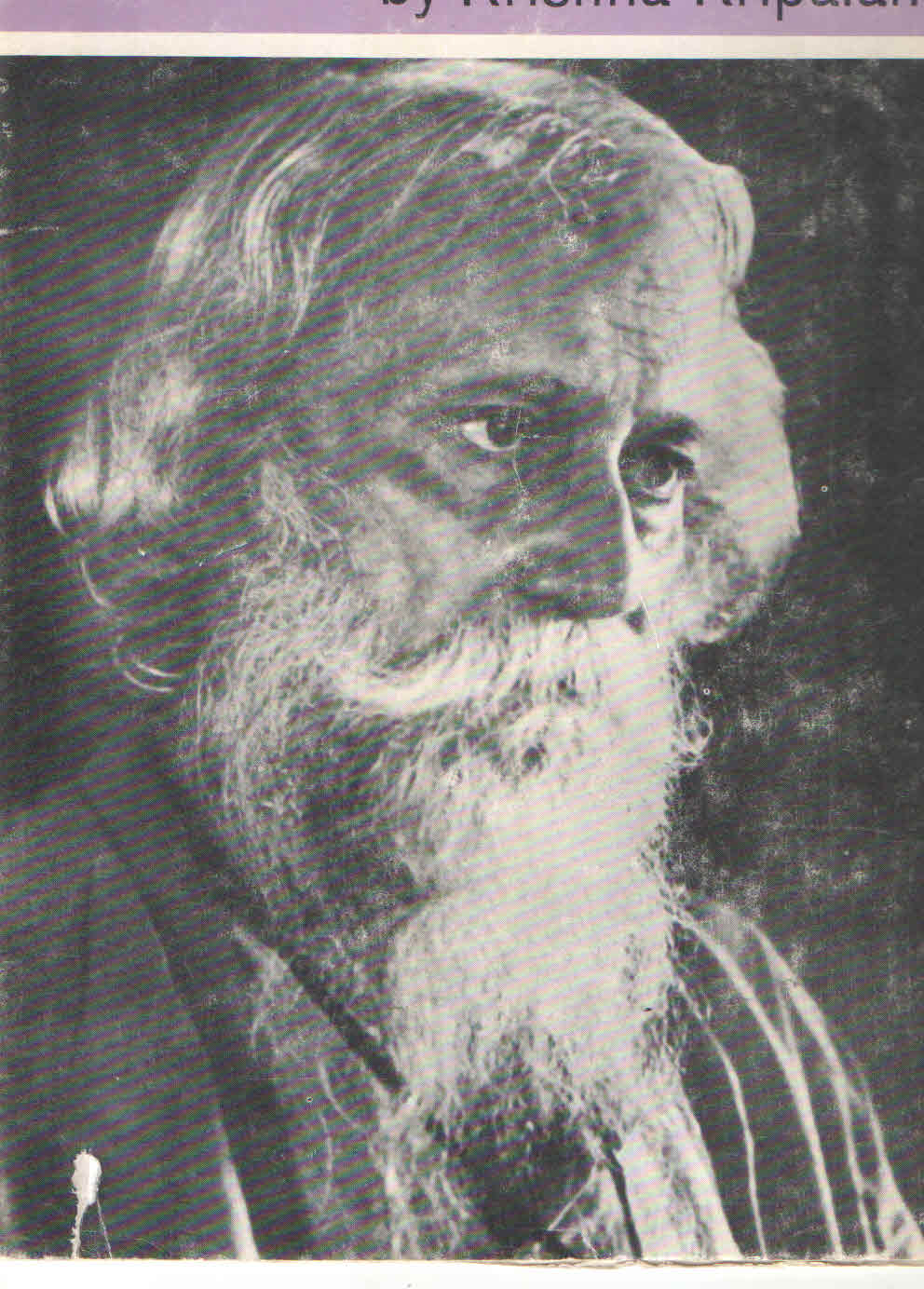I found several newspaper clippings relating to Tagore’s life and death in my childhood scrapbook.
Rabindranath Tagore died in Calcutta on 7 August 1941 at the age of 80. He and Mahatma Gandhi were born in the same decade. Tagore was born on 7 May 1861. Gandhi on 2 October 1869.
Rabindranath Tagore was the first Asian to get the Nobel Prize. He won the prize for Gitanjali in 1913. Tagore was a poet, essayist, dramatist, painter, novelist, song writer, composer, journalist, philosopher, educationist, orator and tireless globe trotter.
As an 11-year-old schoolboy, I started a scrapbook, in which I pasted newspaper cuttings, photos, war maps etc. The scrapbook has survived. I picked it up yesterday to see if there was anything on Tagore, who had departed the world about
To my joyous surprise I found several newspaper clippings relating to his life and death. On this day (this essay was written yesterday) I shall mention a few of the tributes paid to him.
Mahatma Gandhi: “In the death of Gurudev Rabindranath Tagore we have not only lost the greatest poet of the age but an ardent nationalist who was also a humanitarian. There was hardly any public activity on which he has not left the impress of his powerful personality. In Santineketan and Srineketan he has left a legacy to the whole nation, indeed to the world.
“May the noble soul rest in peace and those in charge at Santineketan and Srineketan prove worthy of the responsibility resting on their shoulders.”
Lord Linlithgow, the Viceroy: “I am deeply grieved to learn of the death of your father (he sent his message to Tagore’s son). This marks the end of a long life of service inspired by his high ideals nobly conceived and actively pursued, and will be an inspiring example for generations to come. In him India has lost one of her greatest sons, who through his manifold gifts and achievements, helped to raise her in the estimation of the world. Please accept my sincere condolences in your irreparable loss.”
Jawaharlal Nehru was in Dehradun central jail at the time. He sent a telegram to Tagore’s son, Rathindranath in which he wrote, “Gurudev’s passing away has left us all, who have grown up in the shadow of his towering genius and mighty personality and enveloped by his great tradition for long in the dark. India’s greatest star illuminating not only our own country but the world with a synthesis of the rich wisdom of the past and of the present has set, and our hearts are empty. Yet his voice rings in our ears and the flaming message of his recent utterances will be our guiding star.
“In line with great Indian sages of the past he has left us an imperishable inheritance and even at the moment of his passing away, we think with pride and gratitude, love and reverence of this magnificent life and its achievement. That precious inheritance we shall treasure, and I earnestly trust that every Indian will consider it his duty to help in the development and growth of Santineketan and Vishwabharti, which embody Gurudev’s ideal.”
M.A. Jinnah: “I am grieved to hear of the death of Dr. Rabindranath Tagore. I had the privilege of knowing him from my younger days and the last time I had the honour of meeting him in London in 1929. His very frank and illuminating discussions were a great source of encouragement. Above all he was a true patriot and always willing to understand and appreciate the opposite point of view. My deepest and sincerest sympathies go out to his family in their bereavement. It is an irreparable loss to India. Tagore will live with us through his work.”
Sir S. Radhakrishanan: “He was the greatest figure of the modern Indian renaissance. A poet of his qualities we have not had for some generations. He is in the grand line of Valmeeki and Kalidasa. Her versatility was remarkable. As a poet and prose writer, as a singer and composer, his achievements were of the first quality. Besides he was a great prophet and wise counsellor and guide for our future destiny. Millions outside India respected our country and its culture on account of his writings. I have lost a very dear friend. That he was born in our country means that God is not disappointed with us. The greatest respect that we can render to his memory would be to stand for the spiritual ideals of this great man and fight for them against every attempt to subjugate the country.”
***
Warmest congratulations to Neeraj Chopra for winning the gold for India at the Tokyo Olympics in javelin throw.

